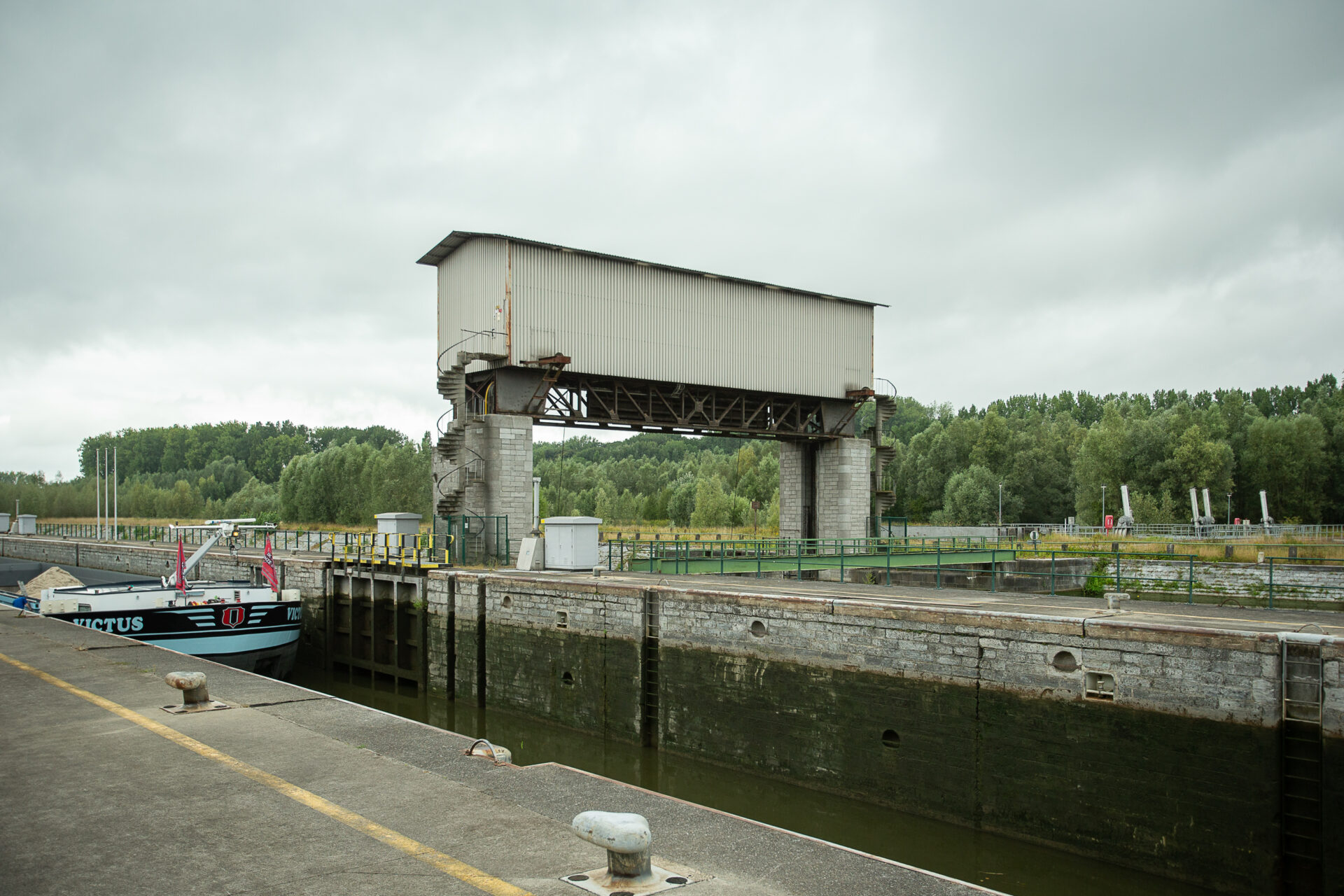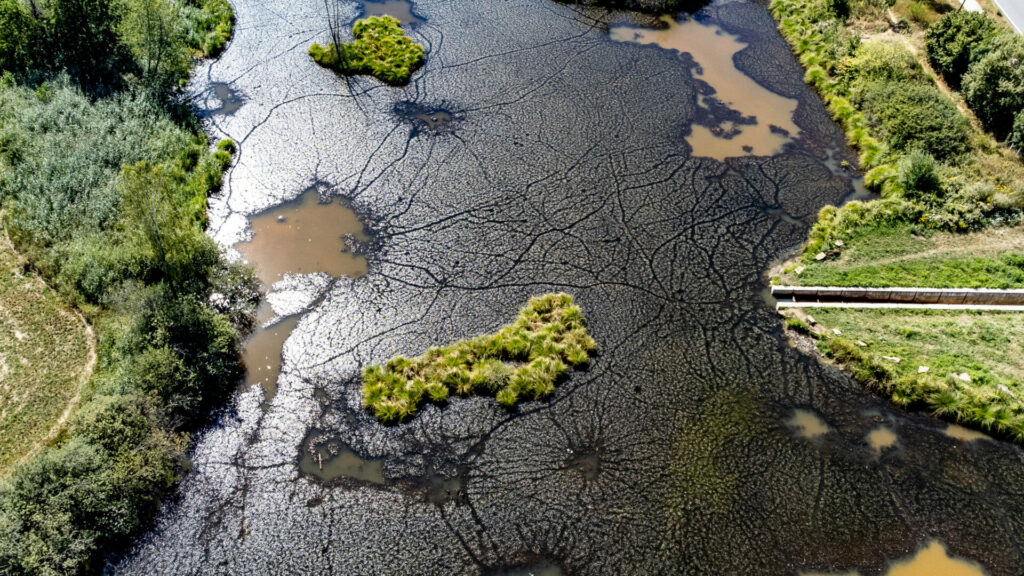Like inhabitants of many other rain-prone countries, people in Belgium often find themselves complaining about the weather. But this summer, aside from some complaints about the extreme heat, there was little to moan about as the country bathed in sun and heat.
While the lack of rainfall was welcome news for those who enjoyed soaking up the rays, the lack of precipitation also led to the second driest spring and the driest July in the country in 137 years, putting endangering the most vulnerable plant species and proving disastrous for Belgian waterways and groundwater levels.
"The flows and water levels of watercourses and waterways are low, in some places very low. The same applies to groundwater levels. The predicted precipitation over the next 10 days will not significantly restore water resources," a report from the Flemish Drought Commission read last week.
It added that predicted rainfall will bring only short-lived relief: "We do not expect a recovery of water levels to normal values for the time of year."
While people may not be desperate for rain, Belgium's nature and water reserves sure are.
Why would we want more rain?
The southeast of the country saw some scattered showers locally on Saturday and more rain is expected in the coming days, but the Commission said the drought situation remains "very serious." At present, the very low flows and water levels of a number of significant canals and waterways are expected to drop further.
This has already resulted in shipping restrictions or even bans, limits on the water that can be pumped up by businesses and a ban on using this water for industry and agriculture; this, in turn, is driving up food prices.
According to hydrologist Professor Marijke Huysmans, a few days of rain can make a difference for some waterways. "This was for example the case in the Rhine river in Germany, where the level did rise a little," she told The Brussels Times in August.

The lack of rainfall since March and the extremely dry weather this summer has resulted in low flow level of waterways in Flanders. Credit: Belga/ James Arthur Gekiere
This was confirmed by the Flemish Environment Agency (VMM) but its spokesperson remained cautious. "Rain showers can result in these levels rising but they level off quickly," especially if there is little and irregular precipitation. "That will have an impact on the Albert Canal, an important source for water supply."
Another issue, especially following long-term periods of drought as Belgium has experienced in recent months, is that the soil is "so dry that water cannot penetrate it and instead runs off to the sewers, meaning any rain essentially goes to waste."
Consequently, rainfall brings little benefit to groundwater levels which in almost all measuring places are very low. "We must hope for a wet winter to replenish water levels," Huysemans concluded.
More measures expected
As was the case in recent weeks, the Drought Commission last week once again called on everyone to limit their water usage as much as possible. But in light of the gravity of the situation, more measures will be needed.
For this reason, the Flemish Waterway has introduced temporary measures for the navigable waterways when the minimum flow is reached, which according to the Commission's chair Bernard De Potter, could be as soon as next week. Various such measures were already in place since last month.
Related News
- Current drought appears to be the worst in Europe in at least 500 years, EU experts warn
- 'Don't wait until critical moment': Extra water-saving measures needed now
- 'Tense weeks ahead': Unprecedented water-saving measures increasingly becoming reality
As well as restricting shipping on waterways, emergency measures will further curtail the use of water in agriculture and industry. Drawing up water from the Albert Canal to be purified for drinking water could also be restricted, although this measure is among the last that would be introduced.
For now, the supply of drinking water remains secure. However, the Drought Commission warned that it is extra vigilant due to the low discharges of the Meuse, one of the most important sources for tap water in Flanders.
It is also not inconceivable that an absolute ban on wasting tap water be introduced to preserve water at all levels.

